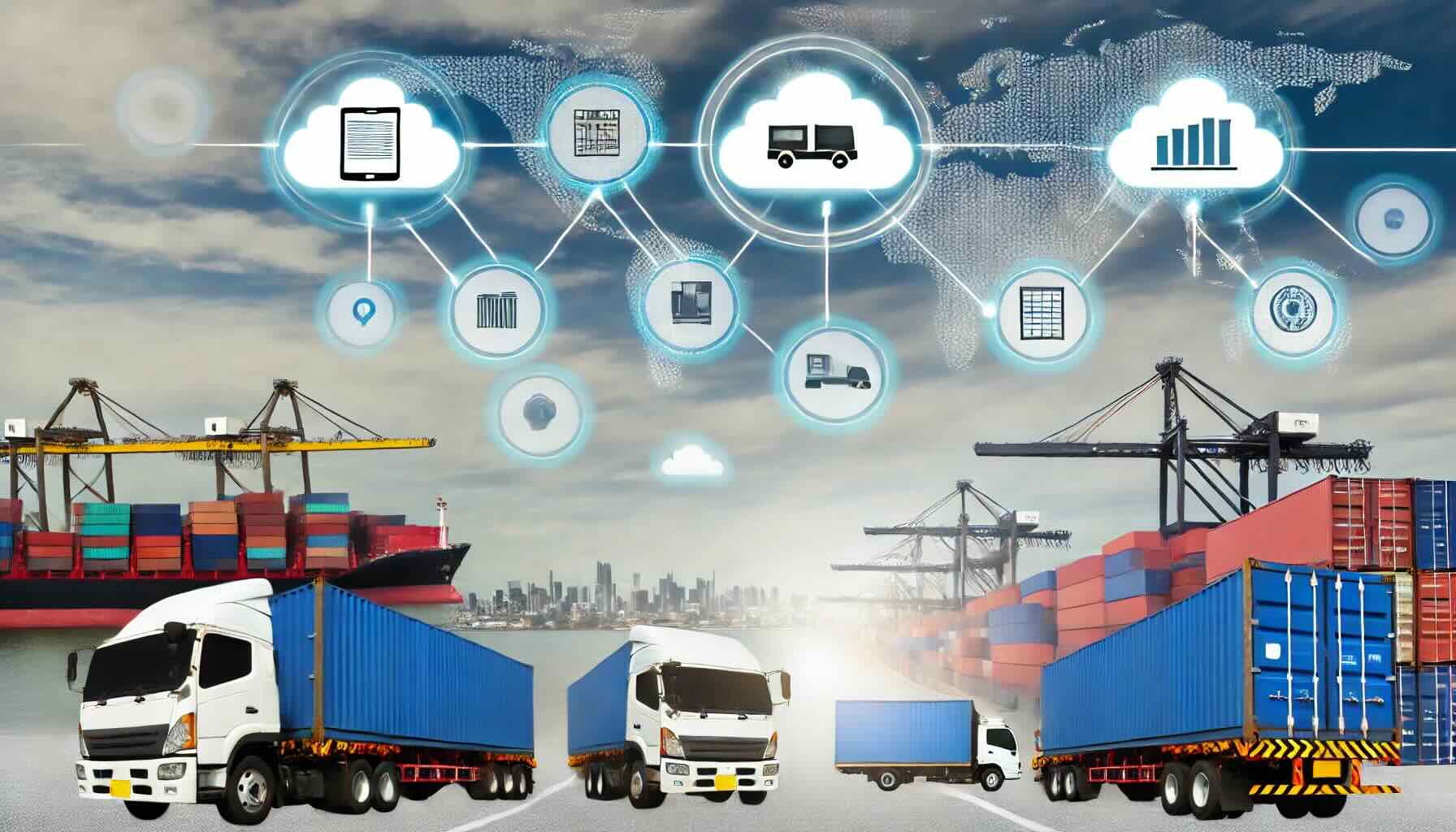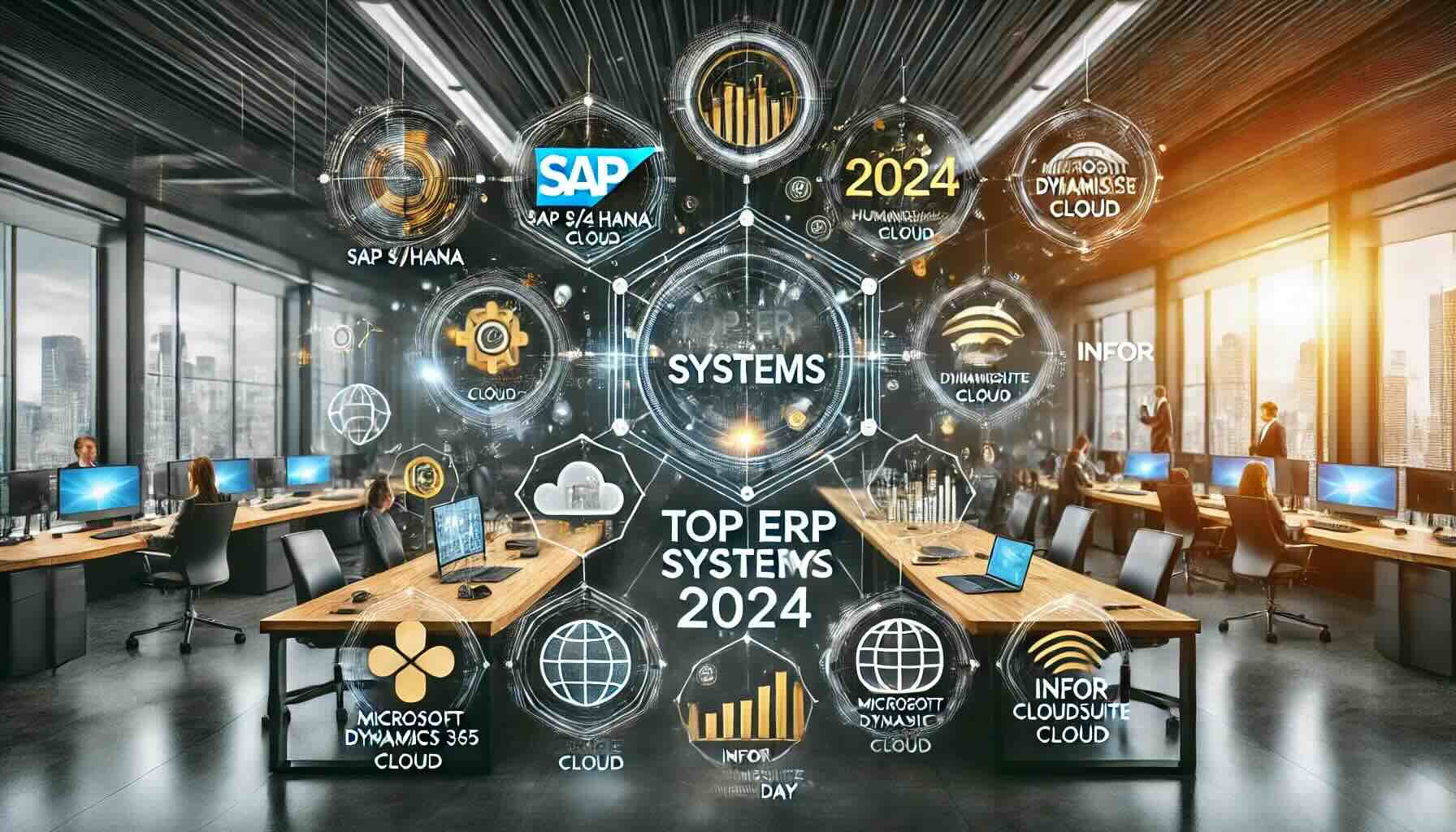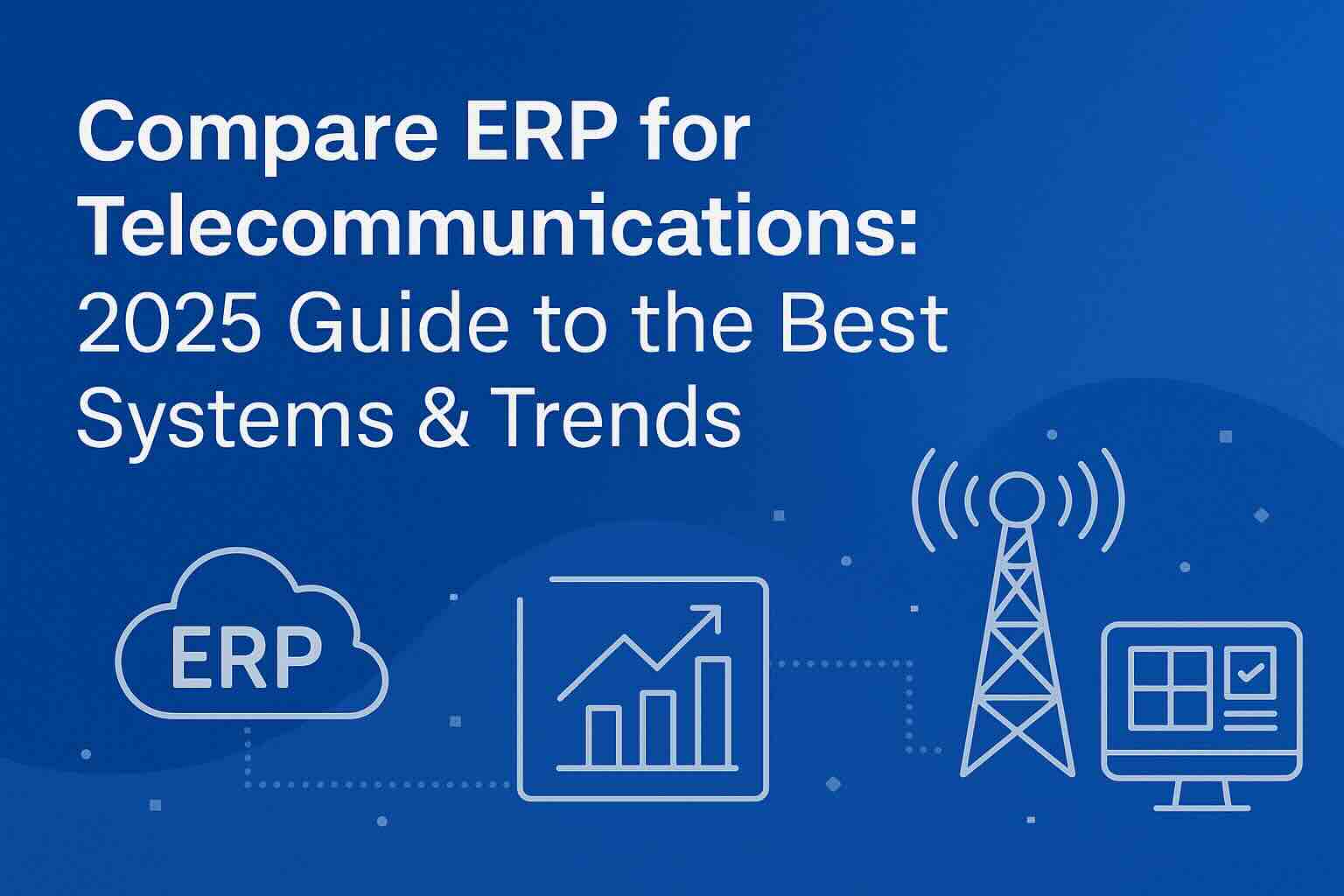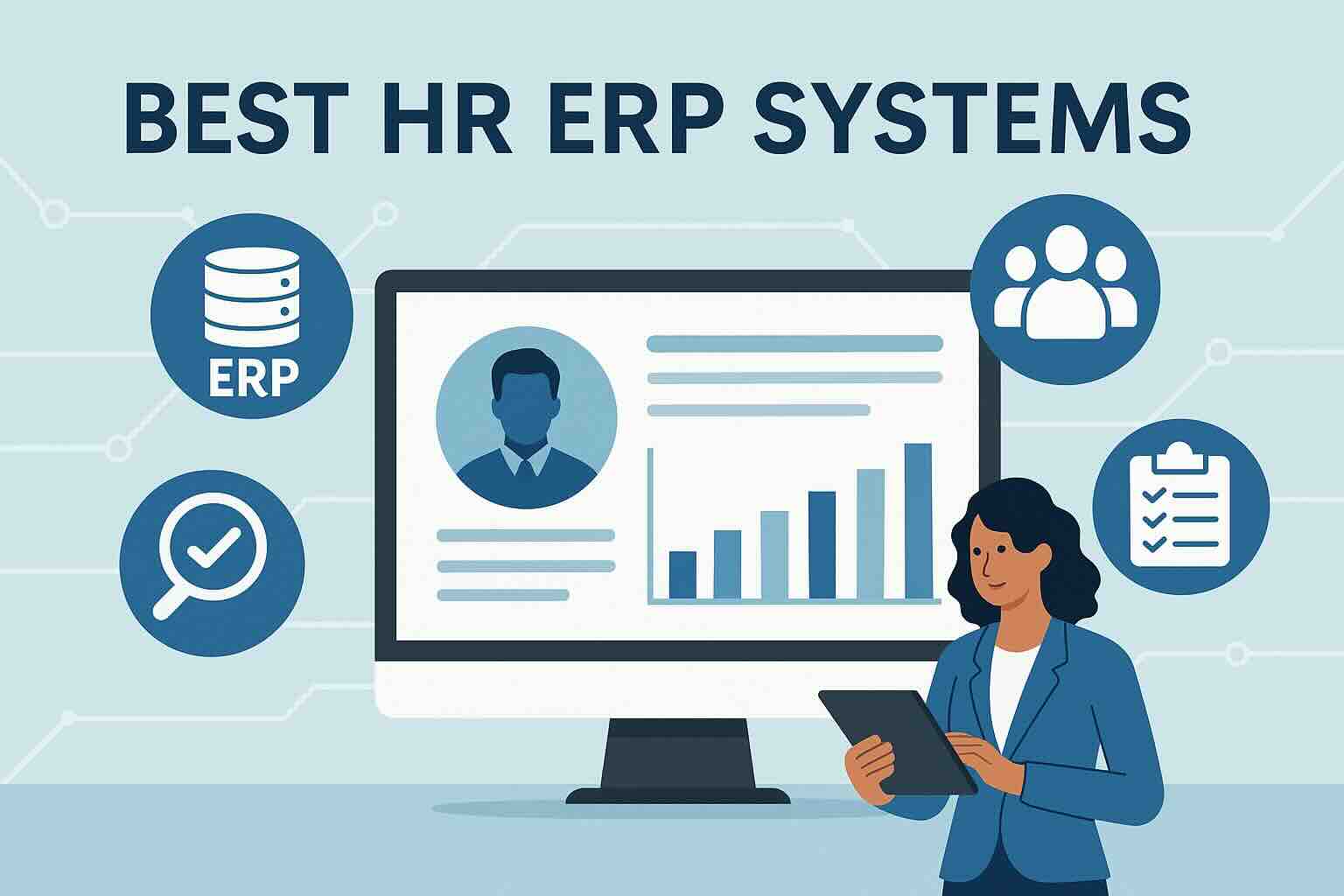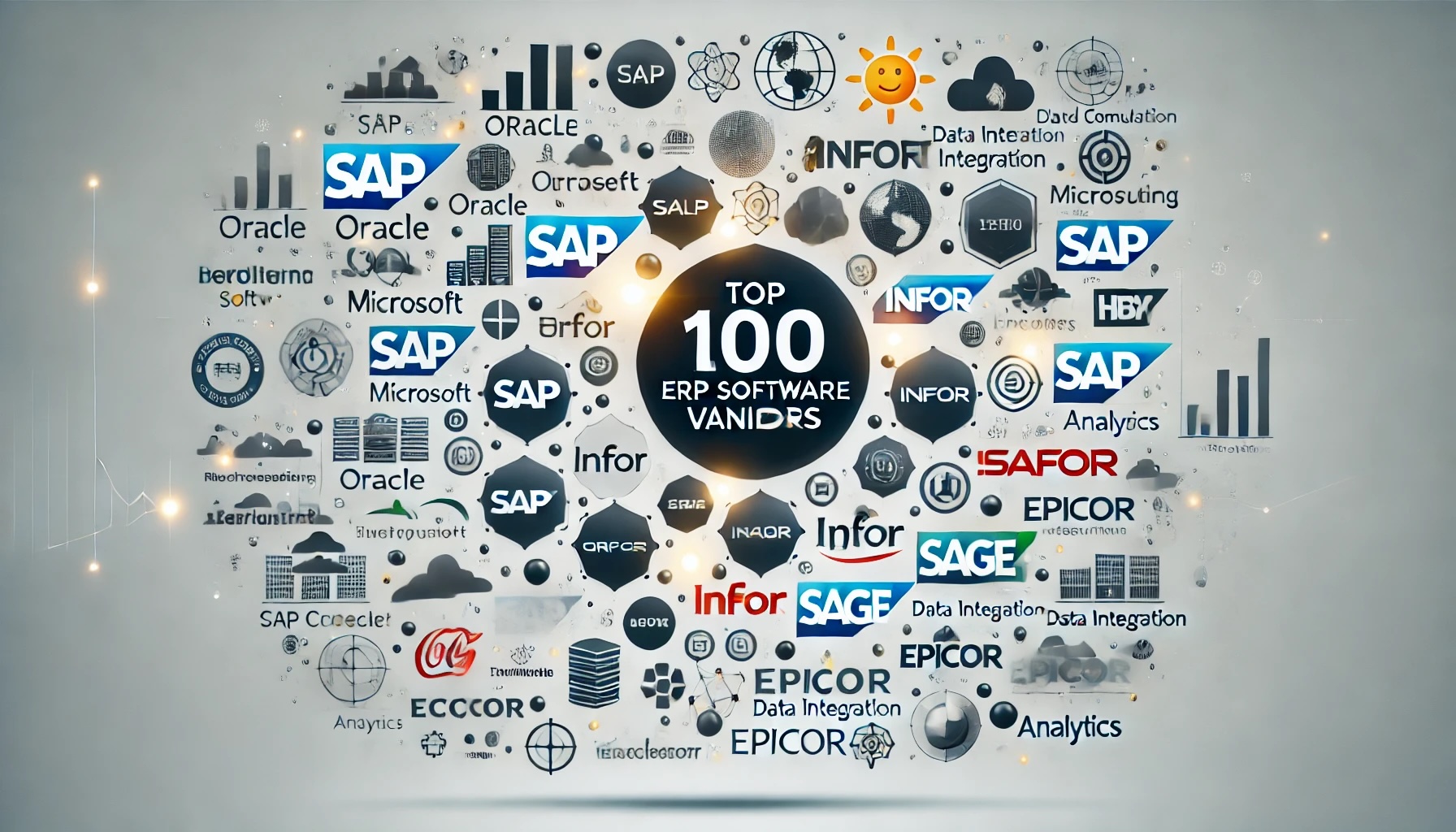Is Workday a Good ERP for Public Services?

In an era where efficiency, transparency, and accountability are critical for public services, the choice of an Enterprise Resource Planning (ERP) system can significantly impact an organization’s operations. Workday, a leading cloud-based ERP solution, has gained considerable traction across various industries. However, is Workday a good ERP for public services? This blog delves into the suitability of Workday for public sector organizations, examining its features, benefits, and potential challenges.
Understanding the Public Services Sector’s ERP Needs
Public services encompass a wide range of government and non-governmental organizations responsible for providing essential services to citizens. These organizations often manage complex workflows, vast amounts of data, and a need for strict regulatory compliance. An ideal ERP system for public services must offer robust functionality, scalability, and flexibility to meet these unique demands.
Key requirements for an ERP in the public services sector include:
- Compliance with Regulations: Public service organizations must adhere to numerous regulations and standards, including financial reporting, labor laws, and data privacy laws.
- Transparency and Accountability: As stewards of public funds, these organizations are under constant scrutiny. An ERP must provide clear, real-time reporting and auditing capabilities.
- Scalability and Flexibility: Public services often operate at varying scales and must be adaptable to changes in scope, be it due to policy shifts, budget changes, or crises.
- Integration with Legacy Systems: Many public service organizations still rely on legacy systems for various operations. An effective ERP must integrate smoothly with these existing systems.
- User Accessibility: Given the diverse range of users, from financial officers to frontline service providers, the ERP system should be user-friendly and accessible to non-technical staff.
Why Workday?
Workday is a cloud-based ERP solution known for its strong focus on human capital management (HCM) and financial management. Originally designed for private enterprises, Workday has expanded its capabilities to cater to the unique needs of public services.
Here are some reasons why Workday stands out:
- Cloud-Based Flexibility: Workday’s cloud-native architecture offers scalability and flexibility that are particularly beneficial for public services. It allows organizations to adapt to changing needs without significant infrastructure investments.
- Real-Time Data and Analytics: Workday provides real-time data access and analytics, which can enhance decision-making processes. This is crucial in the public sector, where timely and accurate information can affect policy decisions and resource allocations.
- Strong HR and Financial Management: Workday excels in human resources and financial management, both critical areas in public services. It supports workforce planning, payroll management, and budget tracking, all of which are essential for public service organizations.
- Regulatory Compliance: Workday offers features that help organizations maintain compliance with various regulations, including data security and financial reporting standards. This can significantly reduce the risk of non-compliance and associated penalties.
- User-Friendly Interface: Workday’s interface is designed with user experience in mind, making it easier for non-technical users to navigate and utilize the system effectively. This is particularly important in public services, where employees may have varying levels of technical expertise.
- Integration Capabilities: Workday offers robust integration tools that can connect with existing legacy systems, ensuring that public service organizations can retain the use of critical systems while benefiting from modern ERP functionalities.
Potential Challenges of Implementing Workday in Public Services
While Workday offers many advantages, there are potential challenges that public service organizations should consider:
- Cost Considerations: Implementing Workday can be costly, particularly for smaller public service organizations. The subscription-based model, while flexible, can add up over time. However, Workday’s cost can be offset by the efficiencies and compliance benefits it brings.
- Customization Limitations: As a cloud-based system, Workday offers less customization compared to on-premises ERPs. This could be a limitation for public service organizations with very specific needs that cannot be met by Workday’s standard offerings.
- Change Management: Transitioning to a new ERP system involves significant change management. For public services, where resistance to change can be higher due to bureaucratic processes, this can be a substantial hurdle. Successful implementation requires careful planning, training, and communication.
- Data Migration: Moving existing data to Workday can be a complex process, especially if the organization has been using disparate legacy systems. Ensuring data integrity and continuity during this migration is crucial.
Conclusion
So, is Workday a good ERP for public services? The answer largely depends on the specific needs and circumstances of the organization. Workday offers robust features that align well with the demands of the public sector, particularly in areas like HR, financial management, and regulatory compliance. Its cloud-based nature provides flexibility and scalability, making it an attractive option for many public service organizations.
However, potential challenges such as cost, customization limitations, and the complexities of change management must be carefully considered. For public service organizations looking to modernize their operations, improve efficiency, and ensure compliance, Workday presents a compelling option—albeit one that requires careful implementation and ongoing management.
By weighing the benefits against the potential challenges, public service organizations can make an informed decision about whether Workday is the right ERP solution for their needs.
To compare Workday with 100s of other ERP solutions, you can use our new AI-powered Compare ERP tool. It’s free to use and you get a guaranteed discount on your first year’s licence fees with a referral from Compare ERP.
